
Find Help
More Items From Ergsy search
-

How long do Chikungunya symptoms last?
Relevance: 100%
-
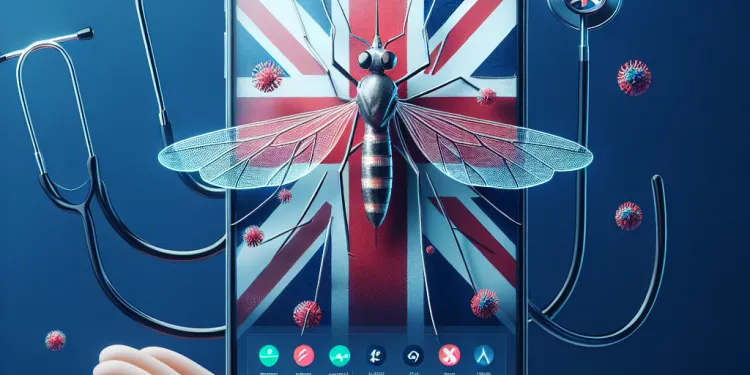
Is Chikungunya fatal?
Relevance: 89%
-
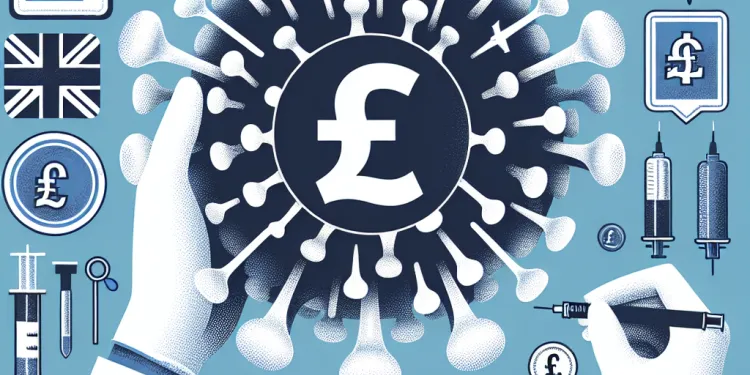
What is Chikungunya virus infection?
Relevance: 84%
-

How is Chikungunya virus infection diagnosed?
Relevance: 81%
-

Can Chikungunya virus infection be treated?
Relevance: 80%
-

How is Chikungunya virus transmitted?
Relevance: 80%
-

Are there any long-term effects of Chikungunya infection?
Relevance: 79%
-

Who is at risk for severe Chikungunya infection?
Relevance: 79%
-
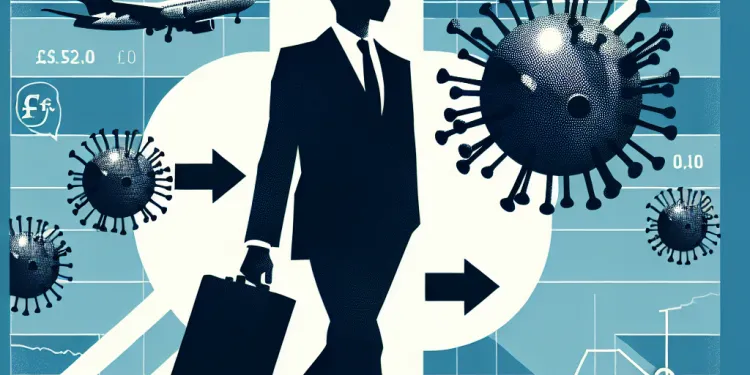
Can Chikungunya be transmitted from person to person?
Relevance: 76%
-
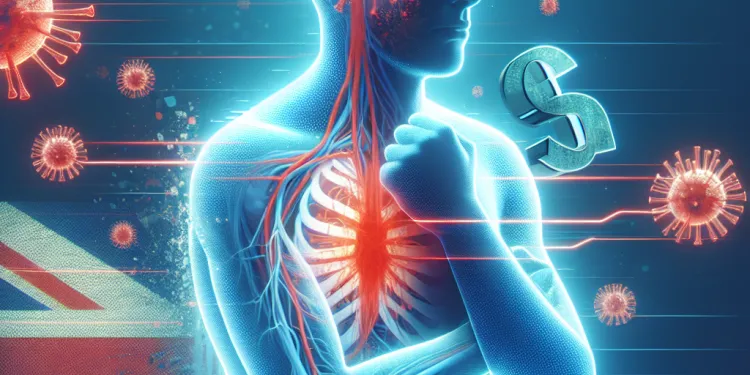
What are the symptoms of Chikungunya virus infection?
Relevance: 75%
-

Where do Chikungunya outbreaks typically occur?
Relevance: 73%
-

How can Chikungunya virus be prevented?
Relevance: 71%
-

Is there a vaccine for Chikungunya virus?
Relevance: 57%
-

Has chikungunya virus been reported in the UK?
Relevance: 54%
-
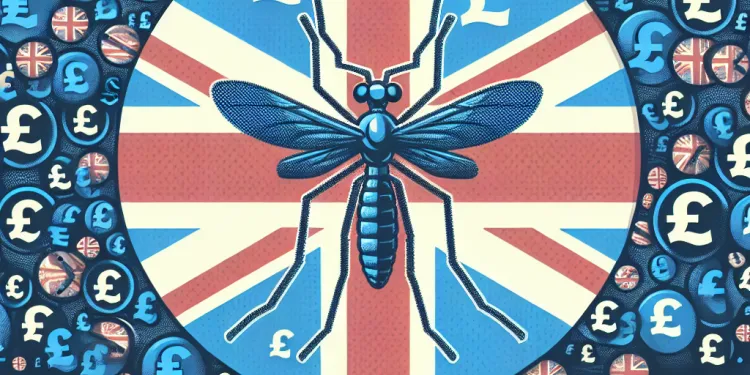
What are the symptoms of Zika virus?
Relevance: 47%
-
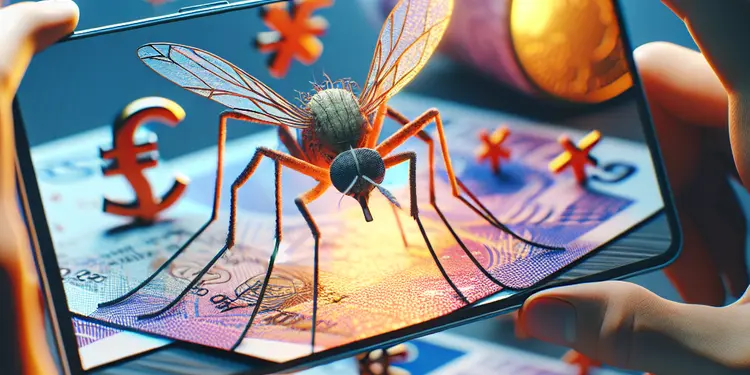
What symptoms should I watch for if I suspect a mosquito-borne disease?
Relevance: 37%
-
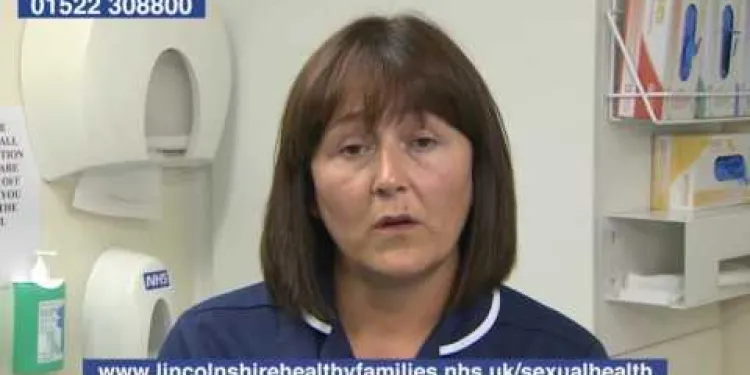
The symptoms of gonorrhoea
Relevance: 34%
-

What are the symptoms of norovirus?
Relevance: 33%
-

What are the symptoms of Rubella?
Relevance: 32%
-

Are there symptoms of an HPV infection?
Relevance: 32%
-
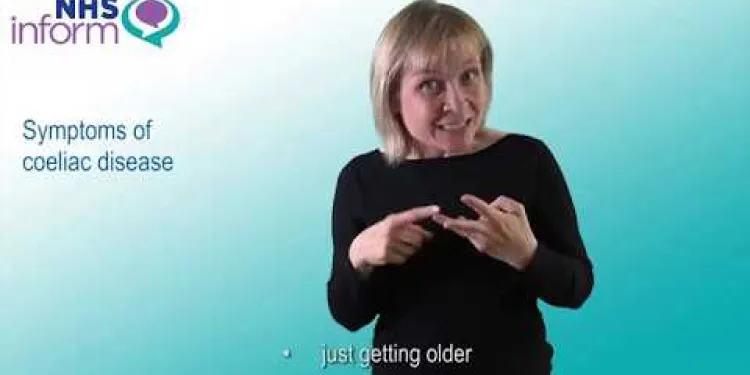
Symptoms of coeliac disease
Relevance: 32%
-

What are the symptoms of measles?
Relevance: 32%
-

What are the symptoms of measles?
Relevance: 32%
-
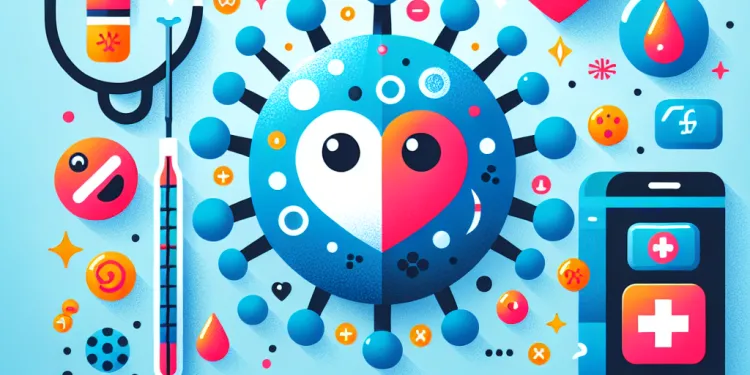
What are the symptoms of measles?
Relevance: 32%
-

What are the symptoms of SAD?
Relevance: 32%
-

What are the symptoms of BPH?
Relevance: 32%
-
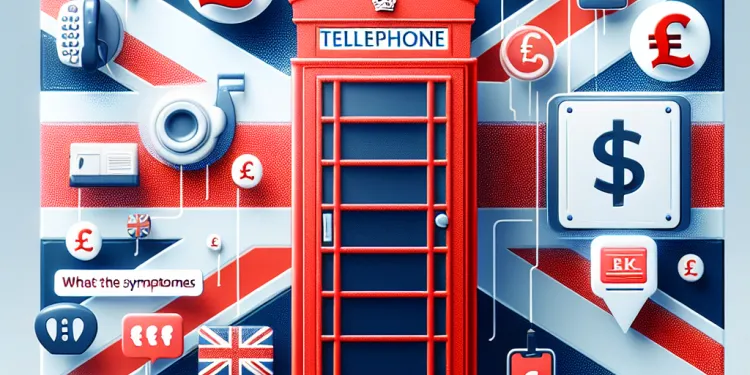
What are the symptoms of chickenpox?
Relevance: 32%
-
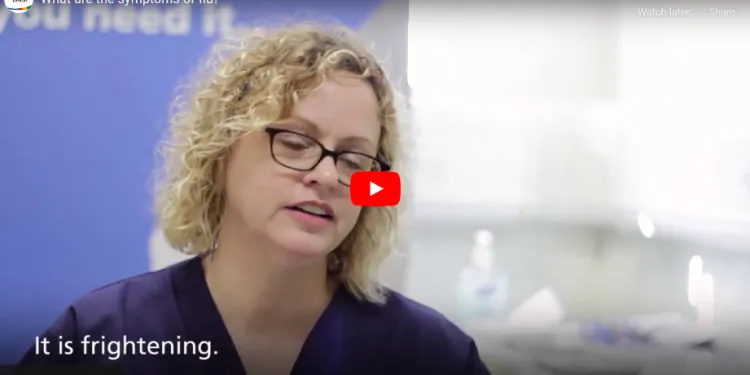
What are the symptoms of flu ?
Relevance: 32%
-

What are the symptoms of whiplash?
Relevance: 32%
-

What are the symptoms of hypotony?
Relevance: 32%
-

What are the symptoms of sunburn?
Relevance: 32%
-
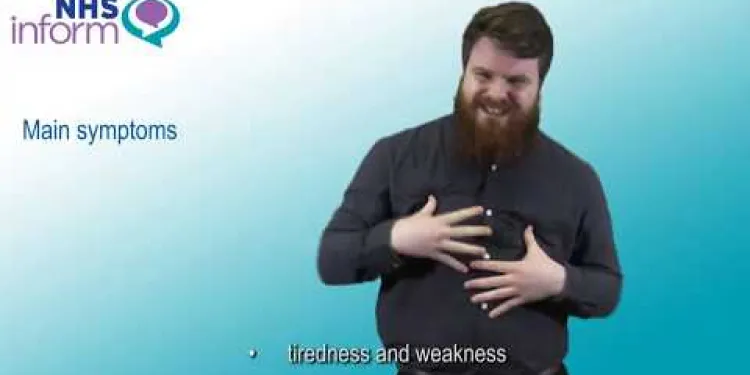
Symptoms of flu (influenza)
Relevance: 32%
-
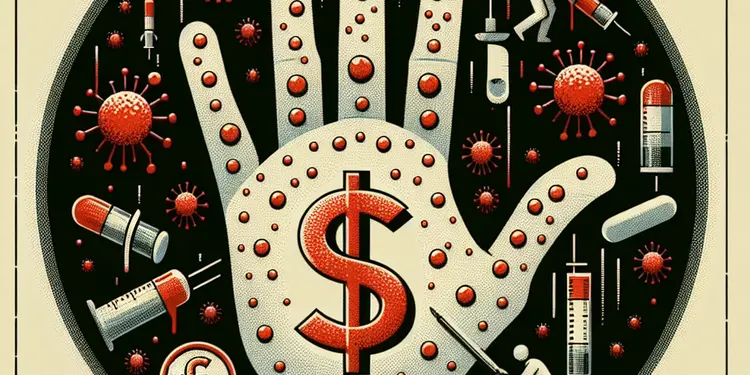
What are the symptoms of scabies?
Relevance: 32%
-

What are the symptoms of shingles?
Relevance: 32%
-
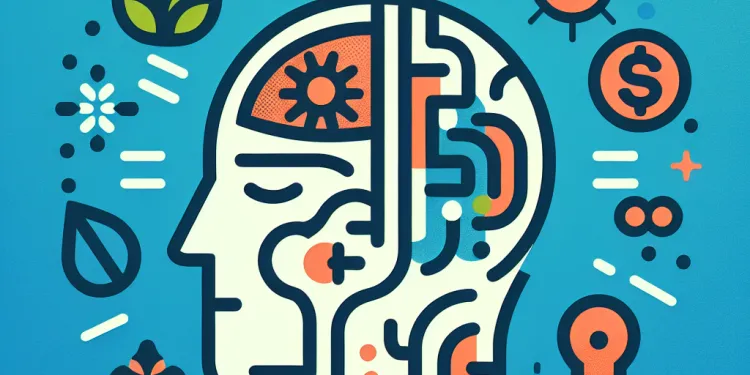
Is headache a symptom of a concussion?
Relevance: 32%
-
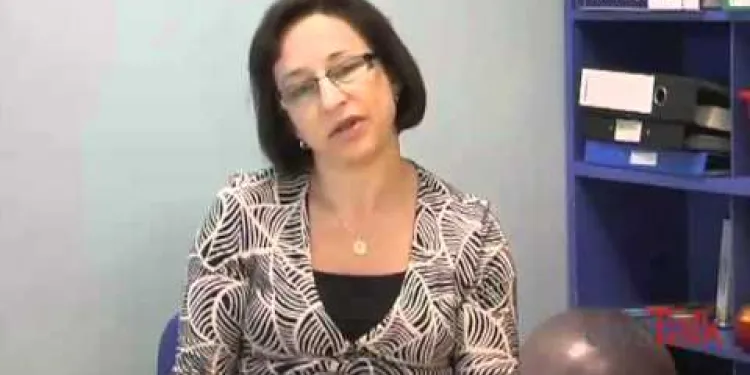
Dyspraxia Symptoms & Signs
Relevance: 31%
-

What are the symptoms of a nut allergy?
Relevance: 31%
-

What are the symptoms of H3N2 flu?
Relevance: 31%
-

What are the symptoms of long covid?
Relevance: 31%
-

What are common symptoms of meningitis?
Relevance: 31%
Understanding Chikungunya Symptoms
Chikungunya is a viral infection transmitted to humans through the bites of infected mosquitoes, primarily Aedes aegypti and Aedes albopictus. The disease is prevalent in tropical and subtropical regions around the world. While Chikungunya does not usually result in serious complications or death, it can cause significant discomfort and impact daily life. Understanding how long symptoms last is crucial for those who may be affected.
Initial Symptoms and Duration
After a person is bitten by an infected mosquito, Chikungunya symptoms typically begin to appear within 3 to 7 days. The most common symptoms include sudden onset of fever and severe joint pains, often accompanied by muscle pain, headache, nausea, fatigue, and rash. The fever usually lasts for a few days, while joint pain can persist for weeks or even longer, making it one of the more debilitating aspects of the illness.
Joint Pain Persistence
Unlike other symptoms of Chikungunya which may resolve relatively quickly, joint pain can continue for an extended period. For most individuals, joint pain improves significantly within a few weeks. However, some people may experience recurrent or persistent joint pain for months or even years after the initial infection. This prolonged joint pain may resemble symptoms of rheumatoid arthritis, impacting the quality of life and requiring ongoing management.
Long-term Outlook
While most people recover fully from Chikungunya, there is a subset of patients who may suffer from chronic joint pain that lasts for several months or even years. Studies suggest that around 20% to 30% of those infected may experience long-term joint pain. The risk of longer-lasting symptoms tends to be higher in older adults and those with pre-existing health conditions.
Medical Management and Relief
Currently, there is no specific antiviral treatment for Chikungunya. Symptomatic relief is mainly provided through rest, fluids, and medications such as pain relievers and anti-inflammatory drugs to manage fever and joint pain. Individuals experiencing severe joint pain that persists beyond the acute stage of the infection may benefit from physical therapy and supportive care. Consulting with a healthcare professional is recommended for those facing prolonged symptoms to ensure an appropriate management plan.
Conclusion
In summary, while Chikungunya fever and associated symptoms often resolve within days to weeks, joint pain can persist, sometimes for a much longer duration. Understanding the potential for prolonged symptoms helps individuals prepare for the recovery process and seek appropriate care. In impacted regions, preventive measures such as mosquito control and personal protection can be vital in reducing the risk of Chikungunya infection.
Understanding Chikungunya Symptoms
Chikungunya is an illness. People get it when they are bitten by certain mosquitoes. These mosquitoes are called Aedes aegypti and Aedes albopictus. Chikungunya happens in warm places around the world. It doesn't usually make you very sick or cause death. But it can make you feel really bad and affect your daily life. It helps to know how long these symptoms last.
Initial Symptoms and Duration
If a mosquito bites you and gives you the virus, you will start to feel sick in 3 to 7 days. The most common signs are a sudden fever and very sore joints. You might also feel muscle pain, have a headache, feel sick, feel tired, or get a rash. The fever lasts a few days. But the joint pain can last much longer, sometimes for weeks.
Joint Pain Persistence
Most symptoms of Chikungunya go away quickly, but joint pain can last longer. For many people, the joint pain gets better in a few weeks. But some people keep having joint pain for months or even years. This pain can feel like having arthritis and may make life difficult. It's important to manage this pain and take care of yourself.
Long-term Outlook
Most people get better after Chikungunya. But some people can have sore joints that last a long time. Studies say about 20% to 30% of people can have this long-lasting pain. Older adults and people who already have health issues might have a higher chance of long-term symptoms.
Medical Management and Relief
There is no special medicine to cure Chikungunya. To feel better, you should rest, drink lots of fluids, and take medicine to ease the fever and pain. If your joints still hurt after the first sickness, physical therapy could help. Always talk to a doctor if you have symptoms that don't go away for good advice on managing pain.
Conclusion
In short, most Chikungunya symptoms go away in a few days or weeks, but joint pain can last longer. It is important to understand this so you can be ready and get the right help. In places where the virus is common, staying safe from mosquitoes is important to avoid getting sick.
Frequently Asked Questions
What is Chikungunya?
Chikungunya is a viral disease transmitted to humans by infected mosquitoes, primarily Aedes aegypti and Aedes albopictus.
What are the main symptoms of Chikungunya?
The main symptoms include high fever, joint pain, joint swelling, muscle pain, headache, nausea, fatigue, and rash.
How long do Chikungunya symptoms typically last?
Acute symptoms like fever and rash generally last about a week, while joint pain can persist for weeks or months.
What part of the body is most affected by Chikungunya?
Joint pain is the most notable symptom and can be particularly severe in the wrists, knees, and ankles.
How long does the fever from Chikungunya last?
The fever usually lasts 3 to 7 days after the onset of symptoms.
Can Chikungunya symptoms last for years?
In some cases, joint pain and arthritis can last for several months or even years, especially in older adults.
Is there any treatment for Chikungunya?
There is no specific antiviral drug for Chikungunya. Treatment focuses on relieving the symptoms using pain relievers and antipyretics.
How long does fatigue last after Chikungunya infection?
Fatigue can persist for several weeks after the acute phase has ended.
Is joint pain from Chikungunya permanent?
While for most people joint pain gradually diminishes, it can become chronic in some cases.
What percentage of Chikungunya patients experience long-term symptoms?
Approximately 20% to 30% of patients experience prolonged arthritis or tenosynovitis.
How long does the rash from Chikungunya last?
The rash typically lasts a few days up to a week and often appears soon after the fever subsides.
What are the long-term effects of Chikungunya?
Long-term effects mainly include persistent joint pain and arthritis. Neurological and heart complications are rare but possible.
Are there any complications from Chikungunya?
Severe complications are rare but may include eye, neurological, and heart problems, primarily affecting those with existing health issues.
How can one differentiate between Chikungunya and other similar diseases?
A blood test is the most reliable way to diagnose Chikungunya and distinguish it from diseases like dengue or Zika.
Do all Chikungunya cases result in chronic pain?
No, not all cases result in chronic pain; many people recover fully in a few weeks.
Can children get Chikungunya, and how do symptoms manifest?
Yes, children can get Chikungunya, and symptoms are similar to adults but may be less pronounced in younger children.
How long should patients rest after contracting Chikungunya?
Rest is important during the acute phase; the duration varies, but patients usually need at least one to two weeks of reduced activity to manage symptoms.
Can lifestyle changes aid in recovery from Chikungunya?
Yes, staying hydrated, resting, eating a balanced diet, and gentle exercises can aid in recovery.
Is there a vaccine for Chikungunya?
As of now, there is no commercial vaccine available for Chikungunya.
How can Chikungunya be prevented?
Preventive measures include avoiding mosquito bites, using insect repellent, wearing long sleeves and pants, and eliminating standing water.
What is Chikungunya?
Chikungunya is an illness. It is caused by a virus. This virus comes from mosquito bites. Mosquitoes are small flying insects.
Chikungunya can make you feel very sick. It can cause fever and pain in your joints.
There is no special medicine for Chikungunya. But rest and drinking water can help you feel better.
To keep safe, try to avoid mosquito bites. You can use bug spray or wear long clothes.
If you need more help, you can ask a doctor. Reading with a friend or using pictures can also help you understand.
Chikungunya is a sickness caused by a virus. People can get it from certain mosquitoes. The mosquitoes that spread it are called Aedes aegypti and Aedes albopictus.
Here are some things that can help:
- Use picture books to learn more about mosquitoes.
- Watch videos about how to stay safe from mosquito bites.
- Ask an adult to explain anything you find tricky.
What signs show you have Chikungunya?
Chikungunya is a virus that makes you feel sick. Here are the main signs:
- Bad pain in your joints, like knees and elbows.
- High fever, which means your body feels very hot.
- Feeling very tired.
- Red spots or rash on your skin.
- Bad headache.
- Pain behind your eyes.
If you are unsure, ask a grown-up or doctor to help you. Using a picture book or app can also help you understand better.
The main signs are:
- High fever (very hot body)
- Pain in joints (places where bones meet, like knees or elbows)
- Joints might be swollen (look bigger than normal)
- Muscle pain (your muscles hurt)
- Headache (pain in your head)
- Feeling sick (also called nausea)
- Feeling very tired
- A rash (red spots on your skin)
You can ask someone to help if you do not understand something. Pictures of these symptoms might help. Using voice-to-text tools could make reading and writing easier.
How long do Chikungunya symptoms last?
Chikungunya is an illness that can make people feel sick. Here is how long the symptoms usually last:
- Most people start to feel better after about a week.
- Some symptoms, like joint pain, can last longer, sometimes weeks or even months.
If you or someone you know has Chikungunya, it might help to:
- Get plenty of rest.
- Drink lots of water.
- Use pain relievers, but always ask a doctor first.
Talking to a doctor is a good idea to understand more about Chikungunya.
When you get sick, you might have a fever or a rash. This usually gets better in about a week. But sometimes, your joints might hurt for a few weeks or even months.
Which part of the body hurts the most with Chikungunya?
Chikungunya is an illness that makes joints sore. Joints are where your bones meet, like knees and elbows.
If you have Chikungunya, your joints might feel sore or swollen.
To help with the pain, you can rest and use a hot water bottle on the sore spots. It can also be helpful to ask a doctor or nurse for advice.
Joint pain means your wrists, knees, or ankles might hurt a lot. This is the most common sign that something is wrong.
How long does the fever from Chikungunya last?
Chikungunya fever usually lasts for a few days up to a week.
If you have Chikungunya, it is important to rest and drink lots of water.
Ask an adult or a doctor if you have questions. They can help you feel better.
The fever usually lasts between 3 and 7 days after you start feeling sick.
Can Chikungunya symptoms last for years?
Chikungunya is a sickness. It can make your joints hurt. Some people feel better in a few days. But for some people, the pain in their joints can last a long time, even for years.
If you have Chikungunya and your joints still hurt, it can help to:
- Talk to a doctor about your pain.
- Rest and get plenty of sleep.
- Do gentle exercises, like walking or stretching.
- Put a warm cloth on the sore joints.
These things can help you feel better.
Sometimes, people have joint pain and arthritis for a long time. It can last for months or even years, especially if they are older.
Can you get better from Chikungunya?
There is no special medicine to cure Chikungunya. Doctors help by giving medicine to stop pain and help with fever.
How long do you feel tired after a Chikungunya infection?
Tiredness can last for many weeks, even after you start feeling better from being sick.
Does Chikungunya make your joints hurt forever?
For most people, joint pain gets better over time. But sometimes, the pain can last a long time.
How many Chikungunya patients feel sick for a long time?
Tip: If this question is hard, you can use a calculator or ask someone to help you understand percentages.
About 1 in 5 to 1 in 3 people with this condition have joint pain or swelling that lasts a long time.
How long will the Chikungunya rash stay?
The rash from Chikungunya can last a few days or up to a week. If you have a rash, you might feel itchy and uncomfortable.
Here are some things you can do to feel better:
- Use calming creams, like a moisturizer, to soothe the rash.
- Wear soft, loose clothes to avoid rubbing the rash.
- If it feels bad, ask an adult if you can take medicine to help with itchiness.
If the rash lasts a long time or if you feel very sick, talk to a doctor.
The rash usually stays for a few days or up to one week. It often shows up right after the fever goes away.
What happens after you have Chikungunya for a long time?
Chikungunya can make you feel sick. Some people have problems even after they get better. These problems can last for months or even years.
Here are some things that might happen:
- Feeling tired all the time.
- Pain in your joints and muscles.
- Swelling in some parts of your body.
- Feeling sad or worried.
If you or someone you know is sick, talk to a doctor. They can help and give advice.
Tools like pictures or simple stories can help understand better. Ask someone to read with you if it helps.
Some problems that can last a long time are joint pain and arthritis. It's not common, but there can be problems with the brain and heart too.
Can Chikungunya cause problems?
Sometimes, Chikungunya can cause problems.
If you feel very sick, see a doctor.
Using a calendar can help remember doctor's appointments.
Bad problems don't happen often, but sometimes they do. They can hurt your eyes, brain, or heart. This mostly happens to people who are already sick.
How can you tell if someone has Chikungunya or another sickness?
A blood test is the best way to find out if someone has Chikungunya. This test also helps doctors tell the difference between Chikungunya and other illnesses like dengue or Zika.
Does Chikungunya make everyone hurt for a long time?
No, not everyone has long-lasting pain. Lots of people get better in a few weeks.
Can kids get Chikungunya, and what are the signs?
Kids can catch Chikungunya.
Look for these signs:
- Fever: This means feeling very hot.
- Joint pain: This is when it hurts to move.
- Rashes: Spots or marks on the skin.
To help understand more, use pictures or ask an adult.
Yes, kids can get Chikungunya too. Kids might not feel as sick as grown-ups when they have it.
How long should people rest after getting Chikungunya?
If you get Chikungunya, you need to rest until you feel better. This can take a few days or even a few weeks. Listen to your body. If you feel tired, rest more.
Here are some tips to help you get better:
- Drink lots of water.
- Eat healthy food.
- Sleep well at night.
- Ask for help if you need it.
Using things like a calendar or a reminder app on your phone can help you remember to take your medicine and rest.
Rest is very important when you are feeling very sick. This time when you are very sick is called the "acute phase." You need to take it easy and not do too much. This usually lasts for about one to two weeks. Resting helps you feel better.
If you are having trouble understanding, you can:
- Ask someone to read it to you.
- Use a text-to-speech tool to listen to the text.
- Break the text into smaller parts and read it slowly.
Can changing how you live help you get better from Chikungunya?
Yes, drinking water, getting sleep, eating healthy food, and doing light exercises can help you feel better.
Is there a vaccine for Chikungunya?
No, there is no vaccine for Chikungunya yet.
Doctors are working to make one.
If you have questions, ask a doctor or nurse.
Using simple language and showing pictures can help understand better.
Right now, there is no vaccine you can buy for Chikungunya.
How can we stop Chikungunya?
Chikungunya is a sickness spread by mosquitoes. Here is how you can stop it:
- Use Mosquito Spray: Put it on your skin to keep mosquitoes away.
- Wear Long Clothes: Cover your arms and legs with long shirts and pants.
- Put Nets on Beds: Sleep under nets to stop mosquitoes biting at night.
- Keep Water Covered: Don't let water sit around where mosquitoes can lay eggs.
- Use Window Screens: Keep windows and doors closed or use nets to stop mosquitoes coming in.
These steps help you stay safe from Chikungunya.
To stop getting bitten by mosquitoes, you can:
- Stay away from places with lots of mosquitoes.
- Use bug spray to keep mosquitoes away.
- Wear clothes that cover your arms and legs.
- Get rid of any still water near your home because mosquitoes like to live there.
Useful Links
This website offers general information and is not a substitute for professional advice.
Always seek guidance from qualified professionals.
If you have any medical concerns or need urgent help, contact a healthcare professional or emergency services immediately.
Some of this content was generated with AI assistance. We’ve done our best to keep it accurate, helpful, and human-friendly.
- Ergsy carfully checks the information in the videos we provide here.
- Videos shown by Youtube after a video has completed, have NOT been reviewed by ERGSY.
- To view, click the arrow in centre of video.
- Most of the videos you find here will have subtitles and/or closed captions available.
- You may need to turn these on, and choose your preferred language.
- Go to the video you'd like to watch.
- If closed captions (CC) are available, settings will be visible on the bottom right of the video player.
- To turn on Captions, click settings .
- To turn off Captions, click settings again.
More Items From Ergsy search
-

How long do Chikungunya symptoms last?
Relevance: 100%
-

Is Chikungunya fatal?
Relevance: 89%
-

What is Chikungunya virus infection?
Relevance: 84%
-

How is Chikungunya virus infection diagnosed?
Relevance: 81%
-

Can Chikungunya virus infection be treated?
Relevance: 80%
-

How is Chikungunya virus transmitted?
Relevance: 80%
-

Are there any long-term effects of Chikungunya infection?
Relevance: 79%
-

Who is at risk for severe Chikungunya infection?
Relevance: 79%
-

Can Chikungunya be transmitted from person to person?
Relevance: 76%
-

What are the symptoms of Chikungunya virus infection?
Relevance: 75%
-

Where do Chikungunya outbreaks typically occur?
Relevance: 73%
-

How can Chikungunya virus be prevented?
Relevance: 71%
-

Is there a vaccine for Chikungunya virus?
Relevance: 57%
-

Has chikungunya virus been reported in the UK?
Relevance: 54%
-

What are the symptoms of Zika virus?
Relevance: 47%
-

What symptoms should I watch for if I suspect a mosquito-borne disease?
Relevance: 37%
-

The symptoms of gonorrhoea
Relevance: 34%
-

What are the symptoms of norovirus?
Relevance: 33%
-

What are the symptoms of Rubella?
Relevance: 32%
-

Are there symptoms of an HPV infection?
Relevance: 32%
-

Symptoms of coeliac disease
Relevance: 32%
-

What are the symptoms of measles?
Relevance: 32%
-

What are the symptoms of measles?
Relevance: 32%
-

What are the symptoms of measles?
Relevance: 32%
-

What are the symptoms of SAD?
Relevance: 32%
-

What are the symptoms of BPH?
Relevance: 32%
-

What are the symptoms of chickenpox?
Relevance: 32%
-

What are the symptoms of flu ?
Relevance: 32%
-

What are the symptoms of whiplash?
Relevance: 32%
-

What are the symptoms of hypotony?
Relevance: 32%
-

What are the symptoms of sunburn?
Relevance: 32%
-

Symptoms of flu (influenza)
Relevance: 32%
-

What are the symptoms of scabies?
Relevance: 32%
-

What are the symptoms of shingles?
Relevance: 32%
-

Is headache a symptom of a concussion?
Relevance: 32%
-

Dyspraxia Symptoms & Signs
Relevance: 31%
-

What are the symptoms of a nut allergy?
Relevance: 31%
-

What are the symptoms of H3N2 flu?
Relevance: 31%
-

What are the symptoms of long covid?
Relevance: 31%
-

What are common symptoms of meningitis?
Relevance: 31%


